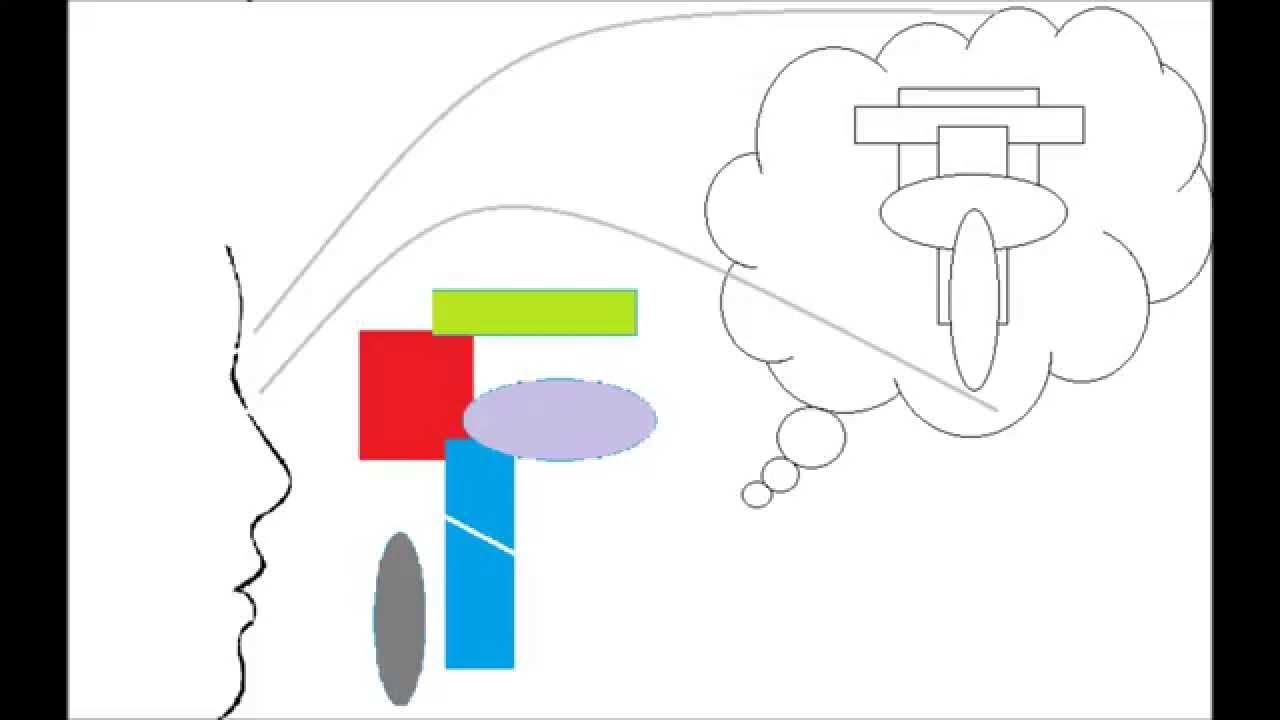9 Weird Behaviors Of INTJ Personality Type
Summary
TLDRINTJs are known for their logical and independent nature, but their personality also comes with some peculiar behaviors. These individuals can be easily irritated, especially when their high standards aren't met. They dislike being proven wrong, have strong preferences, and can experience emotional outbursts despite their rational demeanor. Compliments often make them uncomfortable, and they rely on logic over intuition in decision-making. While they rarely smile in person, they communicate more openly through emojis. INTJs are highly private and can come off as socially awkward due to their blunt communication style and difficulty understanding social cues.
Takeaways
- 😀 INTJs are easily irritated, even if they don't show it, due to their high standards and preference for working alone or in solitary hobbies.
- 😀 INTJs hate being proven wrong, as they deeply trust their own reasoning and struggle to accept conflicting opinions.
- 😀 INTJs have very strong preferences and are resistant to trying new things, especially when they believe their current approach works best.
- 😀 INTJs, despite their logical nature, can have powerful emotional outbursts when their ideas fail or others don't meet their high expectations.
- 😀 INTJs are not fond of receiving compliments, as they are often already aware of their intelligence and prefer rare, genuine praise.
- 😀 INTJs prioritize logic above all else, believing that every problem can be solved with reason, even in romantic relationships or dealing with emotions.
- 😀 INTJs smile more with emojis than in real life, as they prefer expressing emotions through text rather than facial expressions.
- 😀 INTJs are highly private and prefer spending time alone with their thoughts rather than engaging in social or romantic connections.
- 😀 INTJs can sometimes behave awkwardly in social situations, being blunt or direct due to a lack of understanding of others' emotions.
- 😀 INTJs are incredibly self-reliant, valuing their independence and autonomy, which can lead to frustration when others try to control or micromanage them.
Q & A
Why do INTJs often get easily irritated even if they don't show it?
-INTJs tend to get irritated quickly due to their high standards and logical thinking. They may find it difficult to understand why others behave in certain ways, and their introverted nature makes prolonged social interactions frustrating. If they perceive incompetence or failure to meet their standards, they can become agitated, even if they don’t outwardly express it.
What makes INTJs sensitive to micromanagement?
-INTJs value their independence and find micromanagement stifling. They have a strong preference for working autonomously, and when others try to dictate how they should work, it clashes with their need for control and personal standards of perfection.
Why do INTJs struggle with being proven wrong?
-INTJs spend considerable time analyzing problems and formulating solutions, which makes them confident in their reasoning. When they are proven wrong, it challenges their self-assurance and can lead them to resist accepting alternate perspectives, even when presented with solid evidence.
How do INTJs typically respond to compliments?
-INTJs are often uncomfortable with compliments, particularly when they praise their intelligence or skills. While they may appreciate recognition, they tend to downplay or disregard compliments, as they are already aware of their own strengths.
Why do INTJs rely heavily on logic and reason?
-INTJs have a strong belief in logic and reason, viewing them as tools for solving problems effectively. Their tendency to rely on logic often extends to all areas of life, including relationships and decision-making. They believe that everything has a rational explanation and that applying logic will lead to the best solutions.
What is unusual about INTJs' use of emojis in communication?
-INTJs are typically known for their serious, focused demeanor, but they often express more warmth and emotion through written communication, such as using emojis in texts or emails. This shift may feel awkward for them at first, but it is their way of adding emotional context when face-to-face interactions feel challenging.
Why are INTJs so private about their personal lives?
-INTJs value their privacy and prefer spending time alone with their thoughts rather than sharing personal details with others. This tendency towards privacy extends to all aspects of their lives, making them fiercely protective of their inner world and reluctant to reveal much to others.
What causes INTJs to have emotional outbursts despite their typically calm demeanor?
-INTJs suppress their emotions in favor of logic and reason, but when they encounter situations that challenge their expectations or when their carefully laid plans fail, the built-up frustration can lead to intense, though rare, emotional outbursts.
How do INTJs behave in social situations, and why might they appear awkward?
-INTJs can sometimes appear socially awkward due to their direct and blunt communication style. They may struggle to read social cues or understand the emotions of others, leading to behavior that others find off-putting. Their tendency to focus on logic over emotional connection can make these interactions challenging.
Why do INTJs have strong preferences and resist trying new things?
-INTJs' strong preferences stem from their self-assurance and desire for independence. They trust their own judgment and are often resistant to new approaches or ideas, especially when they are confident that their chosen method works best. This reluctance to deviate from their preferences is tied to their belief in forging their own path.
Outlines

This section is available to paid users only. Please upgrade to access this part.
Upgrade NowMindmap

This section is available to paid users only. Please upgrade to access this part.
Upgrade NowKeywords

This section is available to paid users only. Please upgrade to access this part.
Upgrade NowHighlights

This section is available to paid users only. Please upgrade to access this part.
Upgrade NowTranscripts

This section is available to paid users only. Please upgrade to access this part.
Upgrade Now5.0 / 5 (0 votes)





